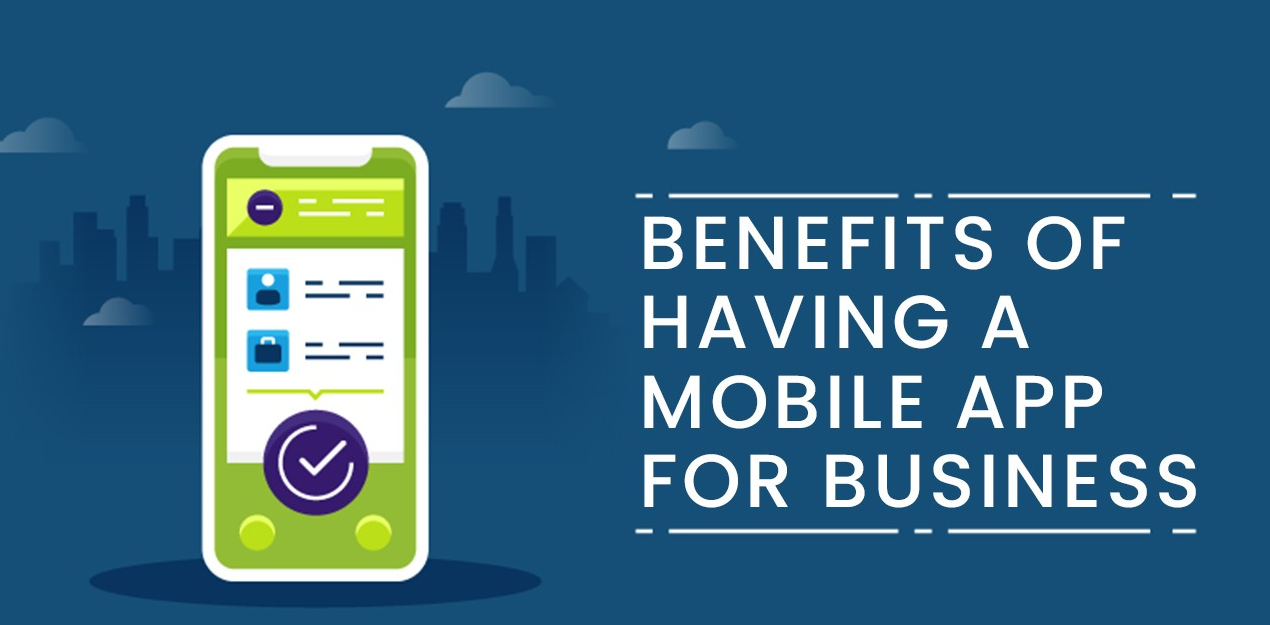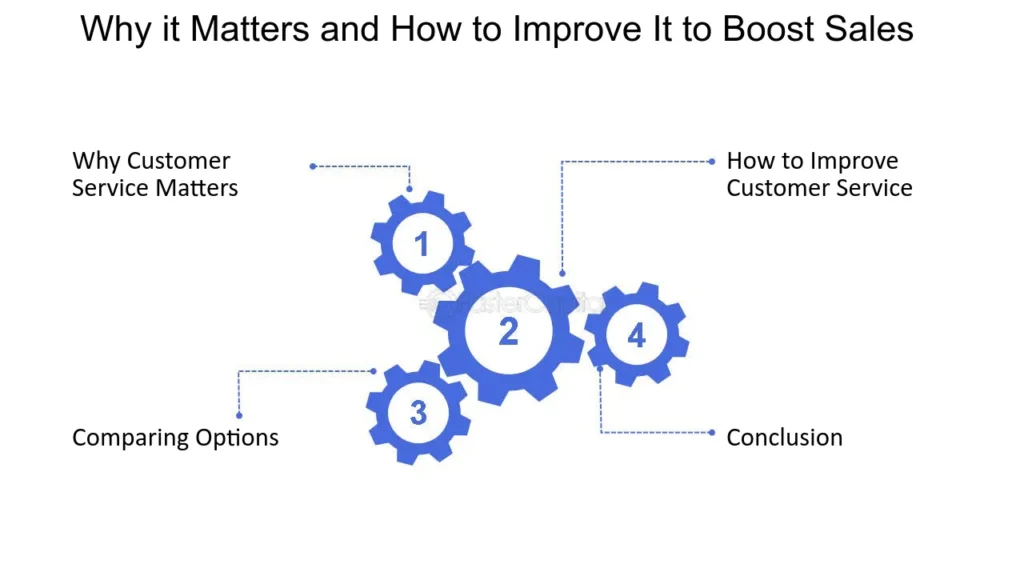
Mobile applications can be termed as one of the bedrocks of modern business to enhance reach, customer engagement, and finally conversion. As the usage of smartphones in the world is not slowing down, having a mobile app for the business will put it apart from the rest. How many advantages can there be to developing a mobile app for your business? We try to learn from this blog.
1. Enhanced Customer Engagement
Probably, with an application, the most significant advantage is better interaction with the customers. Apps let you have a direct line of contact with your customers so you can be sending them push notifications on promos or new products or other important issues that need to be communicated to them. This kind of direct communication really helps jump up the interplay with the customers and leads to repeat business.
Personalized Experience
With mobile applications, you can collect user data, and this way, you’ll have a better idea of what your customers would prefer and like. You can then personalize recommendations based on this data, making it more thrilling for the users to experience. Personalization encourages a stronger bond between your brand and your customers, which means it builds loyalty.
2. Increased Exposure for Brands
A mobile app will always remind customers of your brand as it is on the device itself. Each and every time a customer checks his or her phone, the application icon will remind them of your brand-a very good way to keep in touch with your potential customer. A constant reminder like this enhances the stickiness factor, encouraging the customers to go for your product or service over that of the competitor.
Accessibility
Mobile apps are designed for user convenience. Customers can access your services or products anytime and anywhere, making it easier for them to make purchases or engage with your content. This accessibility can lead to increased sales and higher customer satisfaction.
3. Boosted Sales and Revenue

One may find a great turnover of sales when one invests in a mobile application. You would need to have in-app purchases, loyalty programs, and have easier navigation for customers to complete transactions through your application. Apps could also allow for upselling and cross-selling, which would further increase the revenues.
In-App Purchases
In-app purchase could create a psychology of impulse buying. Since users can buy directly through your app without the need to visit a website or a physical store, the sale completion rate would likely be greater. If payment can be processed seamlessly, it will enhance user satisfaction and increase the prospects for repeat sales.
4. Improved Customer Service
The mobile application will help enhance customer care. You can easily integrate chat support, FAQs, or even support ticketing; thereby, you can just expect customers coming for help at the instance they need it. The responsiveness to this set of needs enhances satisfaction but strengthens the reputation of your brand with the customers.
Feedback Mechanism
Using apps to present customer feedback directly, users may give their reviews and recommendations of their personal preferences and pain points through the app. Acting upon this, you can personalize your offerings toward better meeting customers’ needs, thereby making them satisfied.
5. Competitive Advantage
With the mobile app, you can place your product in a better position in an overcrowded marketplace. Most businesses haven’t adopted the power of mobile applications and, by doing so, you can outsmart the rest of the competition. A good app design can create an experience for the user, making your business stand out from the rest.
Keeping Up with Trends
Technologies change, and the preference of consumers changes accordingly. Investing in a mobile application immediately establishes your business as modern and catering to market trends that are evolving. For these reasons, they can be attracted by such customers who are always eager to explore innovations and keep to convenience services.
6. Effective Marketing Tool
A mobile app can be a powerful marketing tool that enables a wide array of marketing strategies. An application may contain special offers, for example, or may permit customers to share content on social media; in such a way, it can fortify your efforts in the marketing field.
Loyalty Programs
In-app loyalty schemes can create hope for repeated purchases. It has widely been felt that points or discounts or even exclusive offers for using the app will keep the customer interacting more often with your brand.
Social Media Integration
You will, therefore, enable users to share experiences with your products or services quite easily through the integration of social media features. This becomes a form of user-generated content that acts as social proof to enhance the appeal and credibility of your brand very highly.
7. Data Collection and Analysis
Mobile apps provide a wealth of data that can be invaluable for your business. You can track user behavior, preferences, and engagement levels, allowing you to make informed decisions based on real-time insights.
Understanding Customer Behavior
By analyzing user data, you can identify trends, preferences, and potential areas for improvement. This knowledge enables you to refine your marketing strategies, product offerings, and customer service initiatives, ensuring you meet your customers’ needs effectively.
8. Cost-Effective Solution
While developing a mobile app involves upfront costs, the long-term benefits can outweigh these expenses. Apps can reduce operational costs by automating processes, such as order management and customer service inquiries, leading to increased efficiency and reduced labor costs.
Scalability
Mobile apps are scalable, meaning they can grow with your business. As your customer base expands, you can enhance the app’s features and capabilities to accommodate new needs, ensuring that it remains a valuable asset.
9. Integration with Other Technologies
Mobile apps can easily integrate with other technologies and platforms, such as customer relationship management (CRM) systems and social media networks. This integration can streamline processes and improve data flow across your business, leading to enhanced efficiency.
E-commerce Integration
If you run an online store, integrating your app with e-commerce platforms can simplify the shopping experience for your customers. They can browse products, make purchases, and track orders all within the app, creating a seamless experience that encourages repeat business.
10. Building a Community
A mobile app can foster a sense of community among your customers. By incorporating social features, forums, or user-generated content sections, you can encourage users to interact with one another, share experiences, and build relationships around your brand.
User Engagement
Engaging with your users through community features can strengthen brand loyalty. When customers feel part of a community, they are more likely to remain loyal to your brand and recommend it to others.
Conclusion
In simple words, there are a myriad of huge advantages of mobile apps for your business. This app enhances the engagement of customers and, therefore, strengthens sales and brand awareness. A mobile app can give a new dimension to doing business. As technology is always moving forward, investment in a mobile app ensures that your brand is good today and in the days to come.
If you haven’t already, now’s the time to think about developing a mobile app. Mobile technology can open up new opportunities for growth and get you closer to your customers than ever before. The future of business is mobile; so should yours be.
Call to Action
Ready to take your business to the next level? Contact us today to discuss how we can help you develop a mobile app tailored to your business needs. Don’t miss out on the opportunity to engage with your customers like never before!
FAQs
- How much does it cost to develop a mobile app?
The cost of developing a mobile app varies according to complexity and features and the platform used. For example, a basic app can cost as little as a few thousand dollars, while a more complex app could be tens of thousands.
- How long does it take to develop a mobile app?
Development time may range from weeks to months depending on how intricate your app is and what it is supposed to offer.
- Which operating systems should I design for my mobile app?
It’s always best to design for both iOS and Android, although this might not be possible for everyone. Consider your target market or audience for a better decision.
- How do I market my mobile app?
Promote Your App: You can leverage social media, email marketing, partnerships with influencers, and download incentives such as a discounted or limited time promotion of the app.
- What are the maintenance needs for a mobile app?
Updates should be done on functionality, security, and user experience regularly. In addition, the user will give feedback on what is needed improvement and what new feature they wish to have.
Well, if you’ve got other questions or you need help developing your mobile app, let me know!